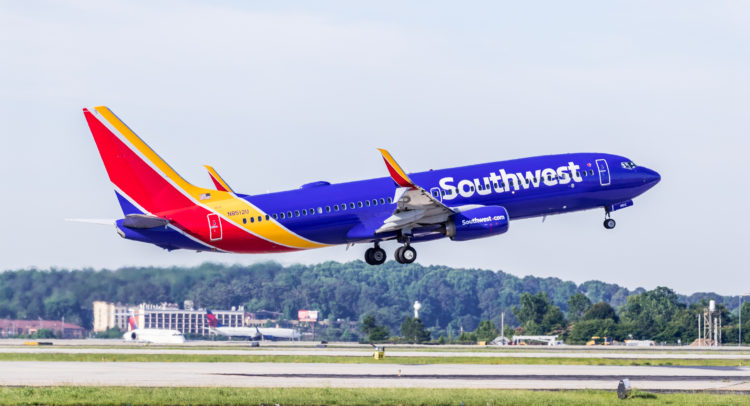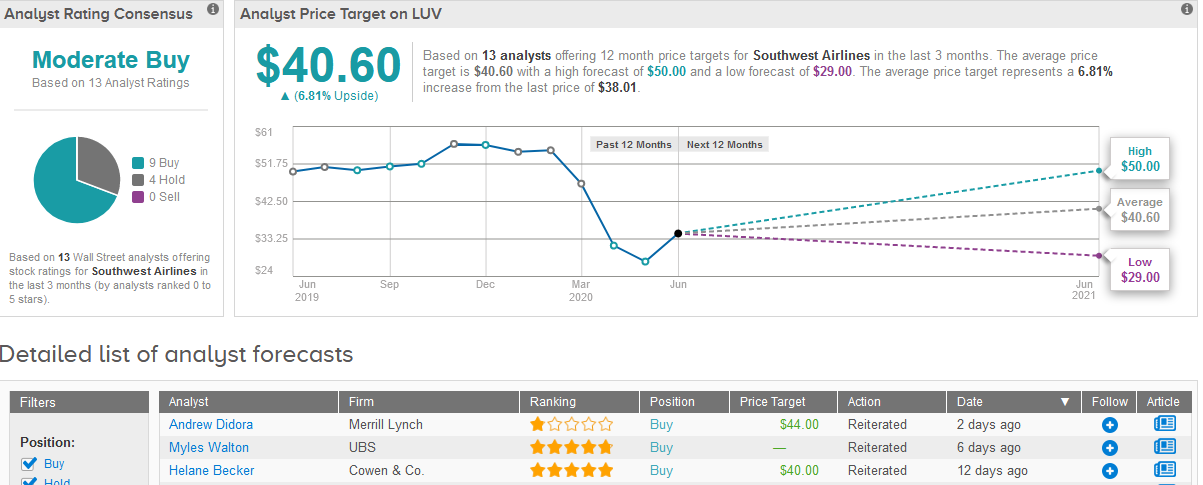Global airlines are poised to suffer $84.3 billion in losses this year, as international borders closed and countries locked down to prevent the spread of the coronavirus pandemic, according to a report by International Air Transport Association (IATA).
Meet Your ETF AI Analyst
- Discover how TipRanks' ETF AI Analyst can help you make smarter investment decisions
- Explore ETFs TipRanks' users love and see what insights the ETF AI Analyst reveals about the ones you follow.
As travel demand has come to a standstill, revenues for this year are expected to drop 50% to $419 billion from $838 billion in 2019. Meanwhile, passenger numbers are set to fall to 2.25 billion this year before rising to 3.38 billion in 2021, which is still below the 4.54 billion travelers recorded in 2019.
“Financially, 2020 will go down as the worst year in the history of aviation. On average, every day of this year will add $230 million to industry losses. It means that – based on an estimate of 2.2 billion passengers this year – airlines will lose $37.54 per passenger,” said Alexandre de Juniac, IATA’s Director General and CEO. “That’s why government financial relief was and remains crucial as airlines burn through cash.”
Financial relief measures by governments have kept airlines from going bankrupt but have ballooned debt by $120 billion to $550 billion which is about 92% of expected revenues in 2021, according to IATI. The association represents some 290 airlines comprising 82% of global air traffic.
Looking ahead to next year as traffic slowly recovers, IATI sees airlines to still be financially fragile, with passenger revenues expected to be more than one-third smaller than in 2019. Next year, losses are expected to be cut to $15.8 billion as revenues rise to $598 billion.
“Competition among airlines will no doubt be even more intense,” said de Juniac. “The challenge for 2022 will be turning reduced losses of 2021 into the profits that airlines will need to pay off their debts from this terrible crisis.”
Meanwhile, strong cargo operations and comparatively low fuel prices are set to give the aviation industry a boost.
Global airlines from have gone a long way in recent weeks to bolster their balance sheets and shore up their finances by billions of dollars to help them navigate through the aviation crisis. Southwest Airlines Co. (LUV) is touted by some analysts to be in a good financial position to get some relief from an uptick in domestic travel as it happens.
The air carrier expects to bring down average daily cash burn in June to be in the low-$20 million compared with average daily core cash spending of $30 million to $35 million in the second quarter.
Cowen & Co. analyst Helane Becker recently reiterated a Buy rating on the shares, citing Southwest’s financial strength and leisure focus.
Becker believes that looking ahead to a reopening of the aviation industry, consumers are more likely to take a short-haul domestic flight than to book a trip to Europe.
“The industry may still be able to salvage some of the summer season,” Becker said.
Overall, Wall Street analysts are cautiously optimistic on the stock. The 13 analyst ratings are split between 9 Buys and 4 Holds adding up to a Moderate Buy consensus. The $40.60 average price target indicates 6.8% upside potential in the shares in the coming 12 months. (See Southwest Airlines stock analysis on TipRanks).
Related News:
Boeing’s Aircraft Deliveries Drop In May As Cancellations Rise
Airbus Gets No New Aircraft Orders In May Amid Aviation Crisis
Boeing CEO Says ‘Likely’ A Major Airline Could Fold In 2020

















